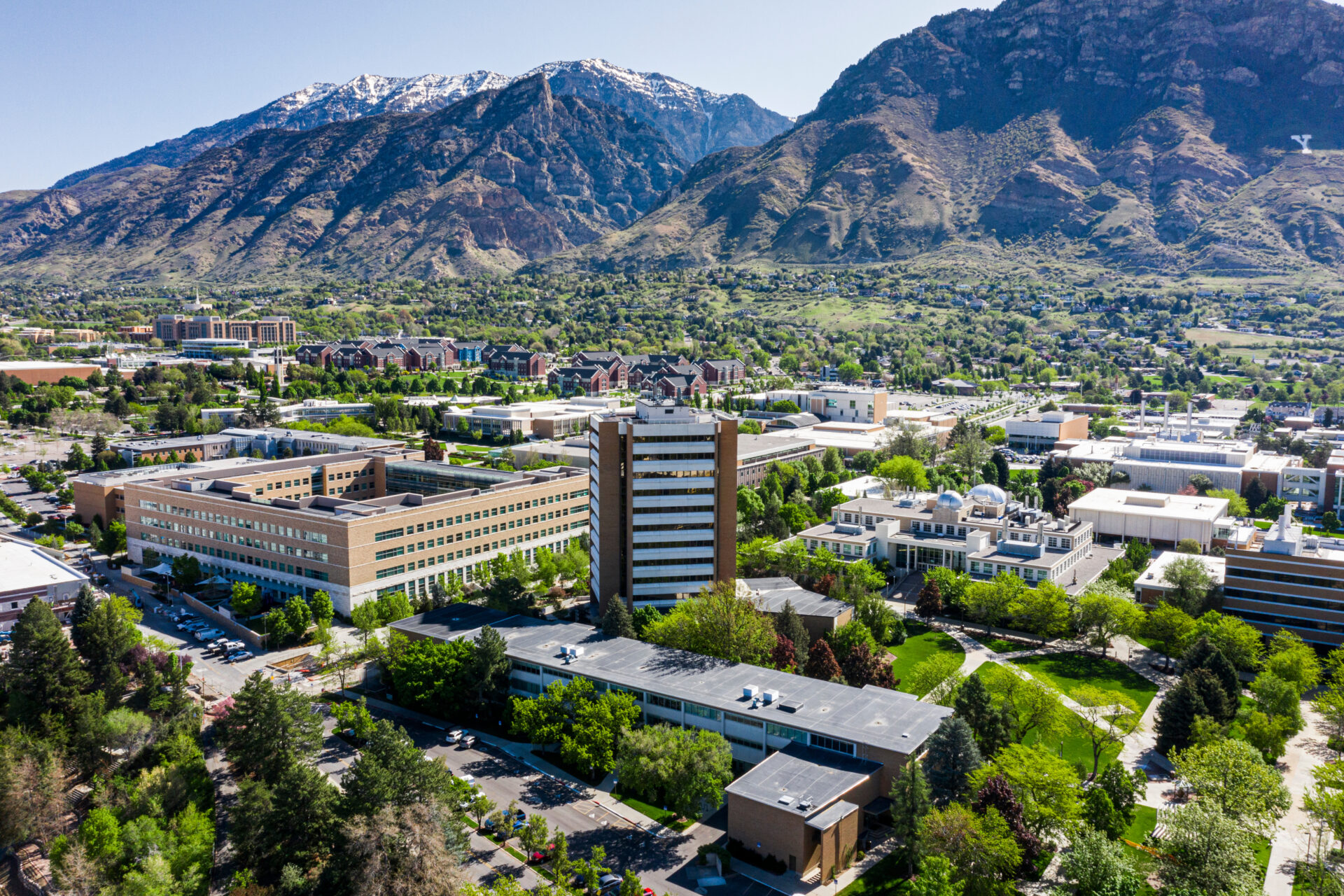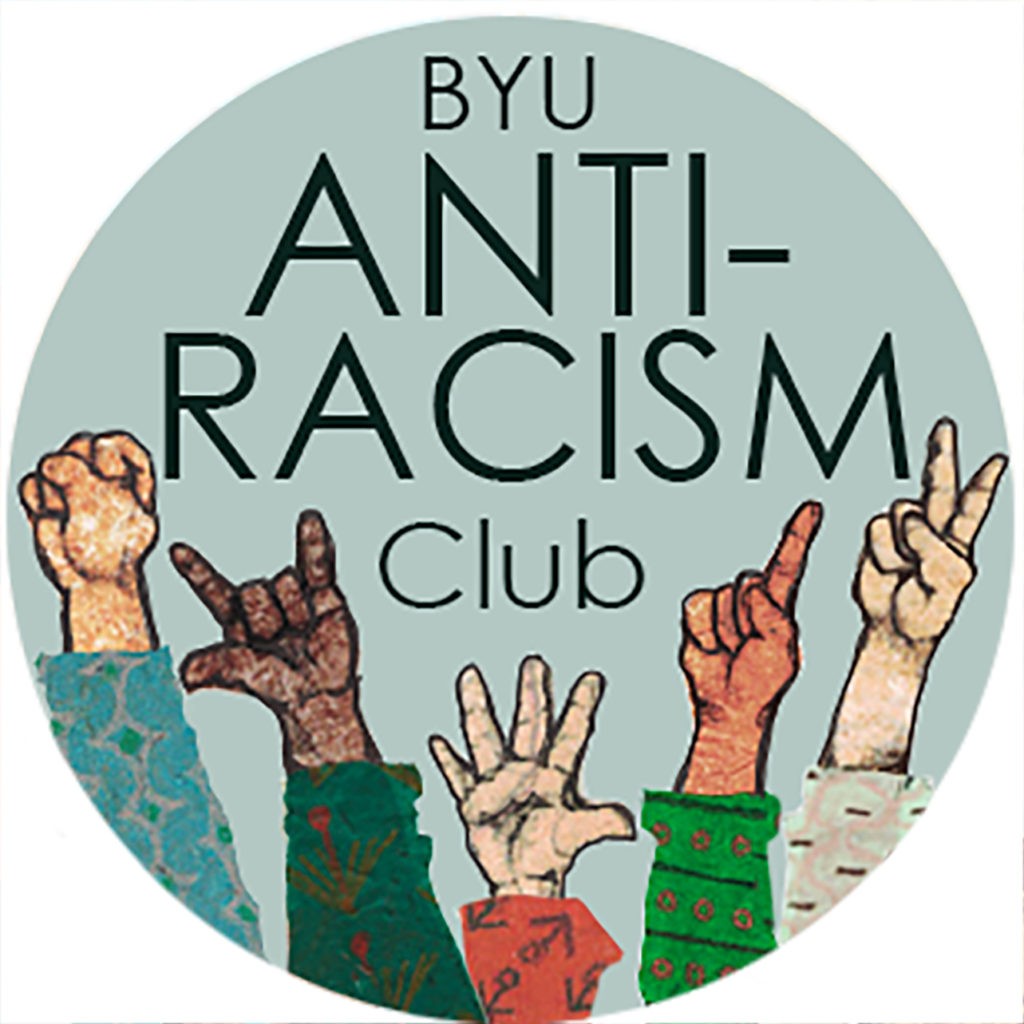
BYU’s Anti-Racism Club focuses on promoting equality, kindness and educational tools to overcome the harmful effects of racism.
The club, which started in the fall of 2020, has grown over the last four years. The club provides a voice for minority student groups on campus.
Scott Sawaya, the secretary of the club, said an important part of the club’s mission is giving opportunity for students to share their experience at BYU.
“One of the most important things we’ve done is just give students a platform to share their stories in a safe space,” Sawaya said.
Weekly Wednesday club meetings typically center on learning about personal experiences and stories.
“Everybody has a story and that’s really where change happens … when we connect on a personal level and understand each other’s stories,” Sawaya said.
The club has had periods of decreased participation, President Caroline Cook said. In the last few years it has started to see a significant increase in club members.
Cook said the club provides an important outlet for students of all backgrounds to feel seen and heard.
“I think a club like this at BYU and in Utah is to highlight different perspectives and different experiences that people might have at BYU,” Cook said.
The club also tries to provide assistance to other minority clubs on campus who need extra support, she said.
“Something very important to us as officers is that we’re trying to shift the burden off of the minority clubs on campus,” Cook said. “A lot of our events are educating on different histories and the oppression of certain minorities.”
Andrew Sandberg, an officer in the club, said the unity found in the club is unlike anything else he has seen while at BYU.
Sawaya said the number of students who come to each meeting ready to learn new perspectives always impresses him.
“We’ve noticed there’s a lot of students on campus who are just really anxious to try and help make the world a safer and better place, especially here on campus,” Sawaya said.
Sawaya defined anti-racism as learning to become proactive beyond simply choosing not to be racist.
“It’s one thing to not actively exclude people because of their race. It’s another thing to actually put energy into welcoming people and addressing inequalities,” Sawaya said.

Cook said she appreciates the combination of Church standards and racial equality found at BYU.
“I think having this club at BYU is really beautiful to see the harmony between racial equality and equality within the Church as well and brining those together,” Cook said.
According to the BYUSA club policy handbook, clubs are not allowed to “promote a specific political agenda.”
The club focuses on promoting kindness and equality through personal stories instead of critically analyzing political issues during each meeting, Sawaya said.
“We try to be kind and increase kindness on campus, and that’s not a partisan issue, that’s not a political issue,” Sawaya said. “A lot of what we do doesn’t strike directly at politics. It’s more directed towards the principles that might inspire someone’s political leanings.”
Club members come together from all over campus across different majors and backgrounds to help enact real change, according to Sawaya.
“You have a bunch of people who are really humble and just anxious to learn and to engage with material that can be sometimes uncomfortable but is very much worth the discomfort because of how it empowers us to truly engage with each other in a more educated manner,” Sawaya said.




